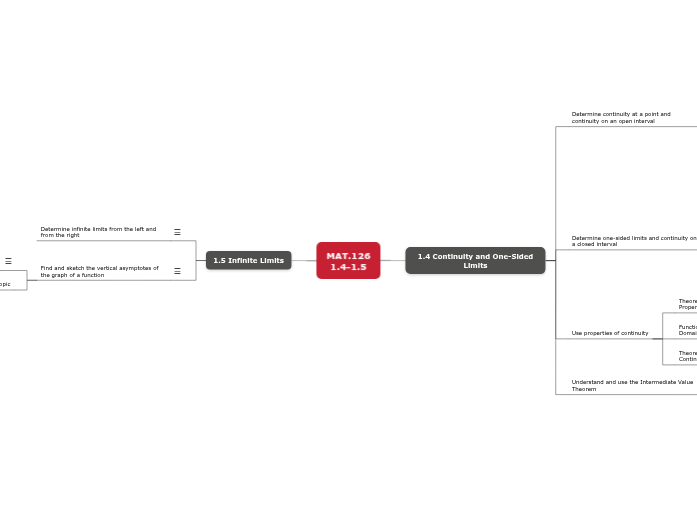av Francisco Santana för 12 årar sedan
312
VM266 3055
The focus is on various mathematical concepts, particularly logarithmic and exponential functions, along with their applications and properties. Integral calculus is explored through specific theorems that outline the integral rules of trigonometric functions like tangent, cotangent, secant, and cosecant, as well as exponential functions.









